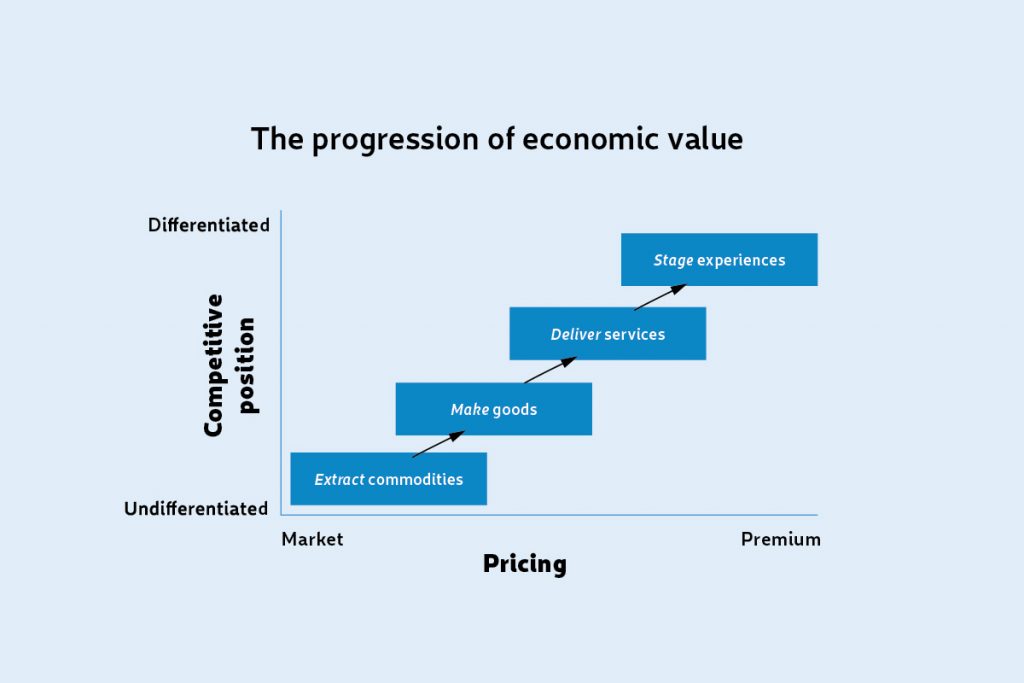Marketing as a profession is at an inflection point between what we are familiar with, what we have permission to do and what is possible. Schools cannot avoid this marketing renaissance: it has already taken hold.
Welcome to the experience economy.
Your current and prospective parents are changing. Yes, they are changing how they are researching, reviewing and buying a school for their children, but they are also changing what they value most. It is no longer the ‘product’ — the output of 12 years of schooling — that they value most. They value experiences.
Right now, we are in the midst of a marketing renaissance. An awakening. The ‘renaissance marketer’ now has the opportunity to work cross-functionally and design experiences that differentiate. And, just like the European Renaissance, there are no benchmarks against which to measure. We cannot be wedded to the past and we cannot be afraid of tomorrow.
If leaders of school marketing do not create and offer compelling, differentiated experiences, your current and prospective families will research, look, purchase and become loyal elsewhere.
It has been 21 years since world-renowned marketing professor Philip Kotler published Kotler on Marketing. Kotler knew the late 1990s was a period of tumultuous change, but he also knew it was just the beginning. In a section called ‘Transformational Marketing’ he wrote, “Marketing will be re-engineered from A to Z. Marketers will need to rethink fundamentally the processes by which they identify, communicate and deliver customer value.” Twenty-one years have passed, and this transformation is yet to happen in Australian schools.
So, what can you do at your school to prepare for and participate in this new era where meaningfully differentiated experiences are defining the marketing landscape?
First, we must be very clear that imageseven is not suggesting that the basics have been taken off the table. Your school must still promise and deliver expected levels of education attainment, pastoral care and safety. These are now the minimum offering it takes for your school to be counted amongst the consideration set of prospective schools for their child.
The challenge for school Heads is to transform the marketing team from one that expertly describes the value of an education at your school into a function that knows how to create, manage and lead the development of valuable experiences. This is a seismic shift in how schools are marketed to current and prospective parents.
As educational services increasingly become commoditised, experiences have emerged as the next step in the progression of economic value. Leading-edge schools will find that the next competitive advantage lies in staging experiences.
Good enough is no longer good enough. The classic goal of school marketing of ‘generating enrolment enquiries’ is simply the price of entry to the marketing table. The new goal will be to create meaningfully differentiated and valuable experiences for students and their families that go well beyond the traditional concept of a K-12 education.
The role of marketing is now more critical and must:
- evolve a customer from the first time we meet them
- turn curious browsers into engaged prospects
- turn engaged prospects into qualified buyers
- turn qualified buyers into satisfied customers
- ultimately turn satisfied customers into loyal brand subscribers.
If your school marketing does not deliver on these five critical steps, you risk the financial consequences of confused, disappointed and frustrated customers.
The new marketer
As leader of marketing for your school, it is you who must take the first step in defining the role of the new marketer. The days are gone when marketers could simply be the brand police, create advertising, post feel-good images on social media and perhaps coordinate events. Marketing at your school must move beyond making effective sales communications into a space where it helps lead the transformation of how your school attracts and retains families through meaningfully differentiated experiences. Such a transformation requires Heads and the marketing teams they lead to develop new competencies and mindsets to thrive as leaders in new and expanded roles.
Looking forward
Analytics, by their very nature, give a view of your world as it was in the past. We are fans of analytics because the context of where you have been helps you learn, tweak and grow. But in this new school marketing landscape we must be constantly aware that by the time we have analysed, verified and systemised a new best practice, our audience may have already moved on. Our primary competitor isn’t the similar school in the next suburb, it is the short attention span of our current and prospective parent. In this environment, the only way to ‘prove’ worth is to take intelligent risks and expand your leadership and influence roles, both upward to at a governance level and downward to your marketing team. It requires you to be strategically bold about your capabilities and responsibilities as Head because, when you do, ambiguity and uncertainty can become opportunities to embrace rather than dangers to avoid.
Driving growth
To assume this expanded role as drivers of growth at your school, marketing (both the function and the team) must be incorporated into the overall school strategy. As the leader of marketing you must be clear that your marketers are not just ‘ideas people’, but part of the team that gets the ideas done. This means having intelligent, strategic conversations with finance, IT, HR, enrolments, development and academic teams. The new tools that marketers have available to them and the new skills they need to acquire will together drive the transformation and growth of your school.
From service to experience
The element that must combine all your efforts is purpose. By permeating the experiences you create for current and prospective families with a shared brand purpose you can successfully create defining moments that display what your school stands for, holds true and values, rather than selling a particular feature such as your exceptional music program. ‘Purpose first’ marketers have the best opportunity to conceive and execute experiences that engage and inspire.
SAVE your school
The ‘four Ps’ model, developed in 1960 — Price, Product, Place and Promotion — no longer reflects the behaviour of consumers generally and yields narrow, product-focused strategies that are increasingly at odds with the imperative to deliver solutions. It is not that the four Ps are irrelevant, but they do need to be reinterpreted to serve school marketers. Ettenson, Conrado and Knowles (2013) introduced a new framework: Solution, Access, Value and Education (SAVE).
- Instead of Product, focus on Solution. Define offerings by the needs they meet and not by their features, functions or technological superiority.
- Instead of Place, focus on Access. Develop an integrated cross-channel presence that considers a customer’s entire purchase journey instead of emphasising individual purchase locations and channels.
- Instead of Price, focus on Value. Articulate the benefits relative to price rather than stressing how price relates to production costs, profit margins or competitors’ prices.
- Instead of Promotion, focus on Education. Provide information relevant to a customer’s specific needs at each point in the purchase cycle rather than relying on advertising, PR and personal selling that tries to cover your entire offering.
It is clear we must evolve our marketing mindset and embrace the experience economy. Consider your school’s current ability to meet your objectives and contemplate different frameworks and approaches that might deliver success in your context.
It will not be an easy or quick transformation for you as school Head or for your marketing team, but neither can you afford to postpone consideration any longer. The experience economy has already arrived at your school and is knocking on the door.
insight applied
Parent buying behaviours have changed, but so has what they value.
Schools must create and offer compelling, differentiated experiences.
Your marketing function must be able to create, manage and lead the development of valuable experiences.
Brad Entwistle is the Founding Partner of imageseven. Since 1990, he has led his team on a mission to amplify the impact of schools by working directly with school Heads, tailoring solutions to maximise their communication and marketing effectiveness. imageseven.com.au








